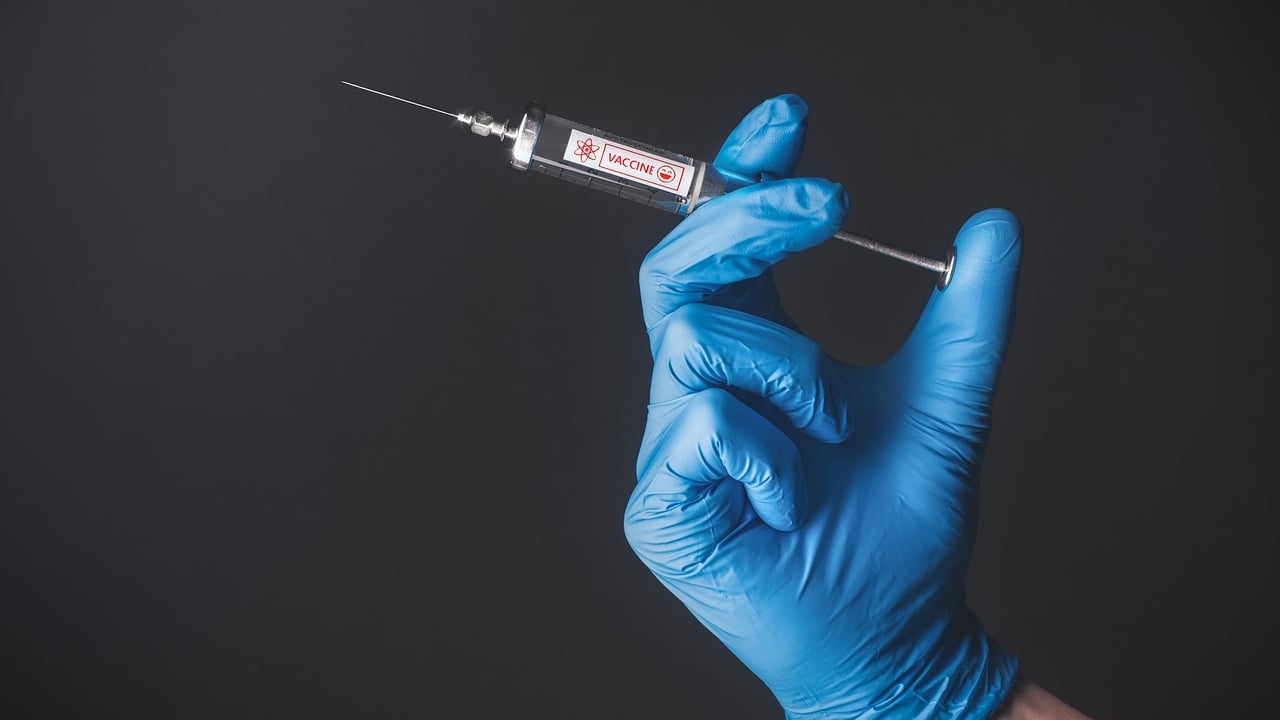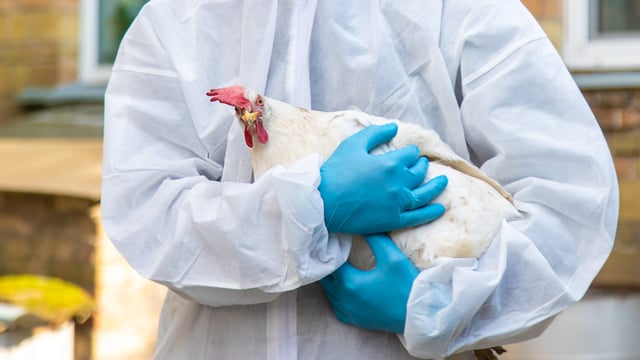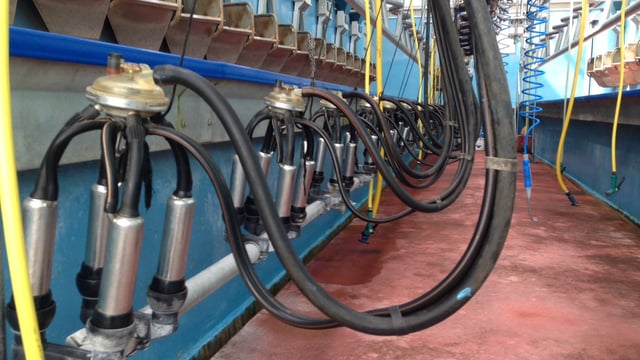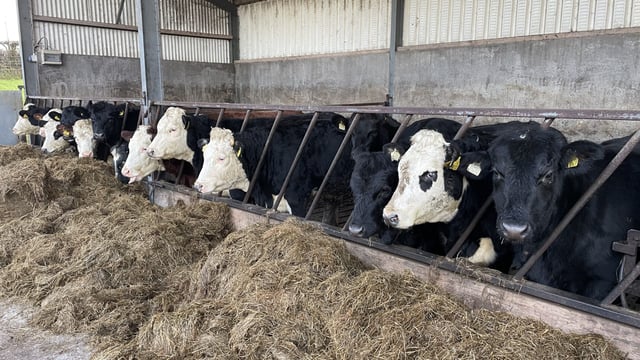IFA: Bluetongue working group 'urgently' needed
The Irish Farmers' Association's health chair, TJ Maher has said that the Minister for Agriculture, Food, and the Marine, Martin Heydon must have a clear plan in place to deal with the implications of a bluetongue serotype-3 or serotype-12 outbreak, in particular an incursion into Ireland.
According to the IFA, both strains are spreading across Europe and the UK, and in the absence of licensed vaccines, are creating enormous trade and animal welfare issues for farmers.
Maher believes there has been ample time for the minister and the department to put comprehensive plans in place should the disease reach Ireland.
"At the last briefing provided to stakeholders by the Department of Agriculture in December, [the] IFA raised a number of issues that farmers must have clarity on should the disease reach this country,” he said.
In the event of a bluetongue-3 or bluetongue-12 outbreak, countries have had their live exports stopped completely from within the 150km radius control zone, according to Maher.
"Farmers have experienced huge animal losses in some instances. Vaccines under special license have been used, with some member states supporting the costs of these. These are some of the issues we need to have answers to. While we remain free of the disease, now is the time to put the plans in place," Maher said.
Bluetongue
The animal health chair has called on Minister Heydon to convene "as a matter of urgency" a working group of stakeholders to establish the most appropriate approach to take should the need arise.
The IFA said it will be seeking maximum flexibility in maintaining export markets, direct supports for farmers losing animals and associated production losses on farms, and a fully supported vaccination programme should it be deemed necessary, in the plan.
"The minister must ensure we have access to the required number of vaccine doses and that the official licensing process for these products is expedited at EU level to ensure the impact on trade is kept to a minimum." Maher said.
Maher believes the extent of the spread of the disease in what is effectively the lower risk period of the year is concerning.
“As farmers, we must remain vigilant and report any suspected cases immediately and avoid jeopardising the health of the national herd by importing susceptible animals from higher risk areas," he said.
"The minister and his officials must move as a matter of urgency to have comprehensive and clearly communicated plans in place,” he concluded.











